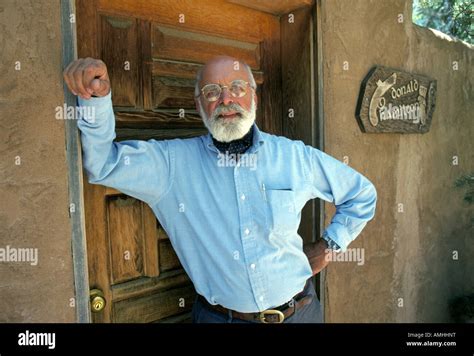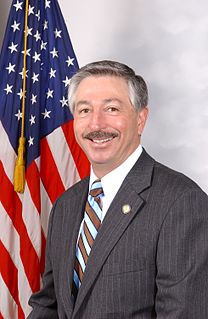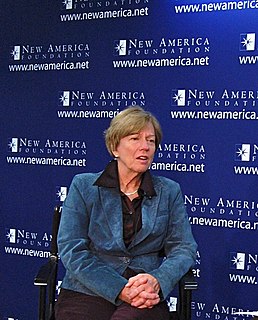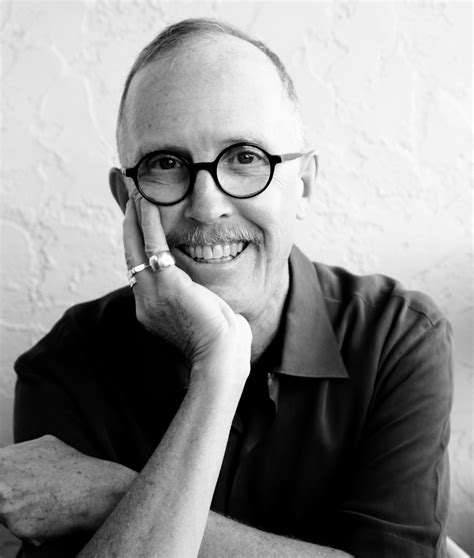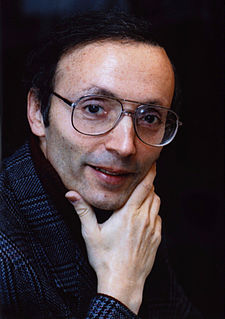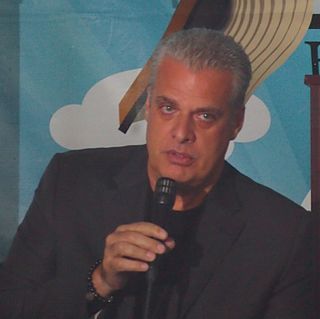A Quote by Donald Hamilton
Because our agriculture is so spread out, that makes it vulnerable. Our food gets transported a number of times and very widely.
Related Quotes
If we're eating industrially, if we're letting large corporations, fast food chains, cook our food, we're going to have a huge, industrialized, monoculture agriculture because big likes to buy from big. So I realized, wow, how we cook or whether we cook has a huge bearing on what kind of agriculture we're going to have.
India has the largest number of hungry people. Yet it's an outcome of precisely the same mechanism. It's the control of agriculture that drives down the price it paid for food that it buys from farmers, who are the poorest people. Then you're paying very little for food. You're underpaying the poorest people in any society. Then they're marketing to us the things that are most profitable to them. And those are the things that are packaged and processed and what-have-you. That means you have the simple thing of the explosion of obesity and hunger as a result of capitalism in our food system.
There's almost no food that isn't genetically modified. Genetic modification is the basis of all evolution. Things change because our planet is subjected to a lot of radiation, which causes DNA damage, which gets repaired, but results in mutations, which create a ready mixture of plants that people can choose from to improve agriculture.
To a very great extent, it's the fast-food industry that really industrialized our agriculture - that drove the system to one variety of chicken grown very quickly in confinement, to the feedlot system for beef, to giant monocultures to grow potatoes. All of those thing flow from the desire of fast-food companies for a perfectly consistent product.
We have turned doctors into gods and worship their deity by offering up our bodies and our souls - not to mention our worldly goods. And yet paradoxically, they are the most vulnerable of human beings. Their suicide rate is eight times the national average. Their percentage of drug addiction is one hundred times higher And because they are painfully aware that they cannot live up to our expectations, their anguish is unquantifiably intense. They have aptly been called 'wounded healers.' " ~ Barney Livingston, M.D. (Doctors, 1989)
Cooking is a holistic process of planning, preparing, dining and sharing food. I place food at the center of our humanity, as it nourishes not only our physical bodies but also our emotional and spiritual lives. Food is truly a cultural phenomenon that informs our traditions and our relationship with the earth. I genuinely believe that food connects us all.
